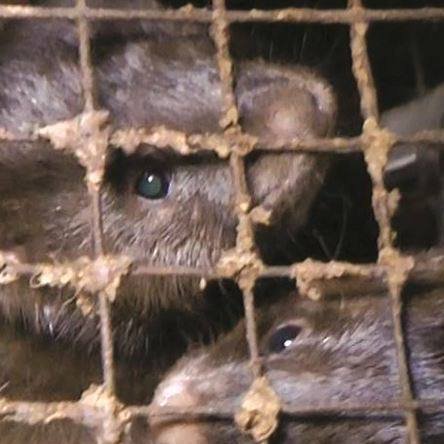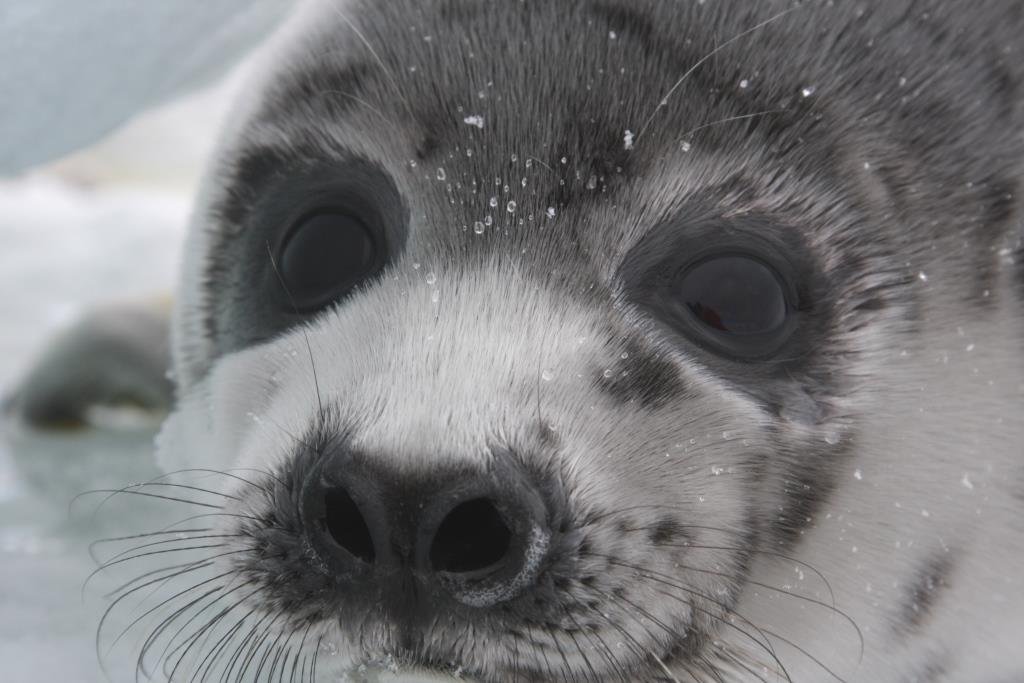In what is being considered as a huge boost for the campaign to end the horror of fur farming in the Republic of Ireland, Veterinary Ireland has announced that, having considered the available science, it is recommending an urgent ban on the fur farming of mink and other wild animals. In what is a further blow for the morally bankrupt fur trade, their prized programme WelFur is dismissed as utterly inadequate for preventing the serious welfare problems caused by fur farming.
It adds that ‘there are simply no welfare standards or inspection regimes that could prevent such (welfare) problems arising on a regular basis.
The statement leaves no room for any doubt. The three mink farms remaining in Ireland need to close.
Commenting on the report, Mark Glover of Respect for Animals said:
We are very pleased to see Veterinary Ireland’s statement and recommendation. The writing is on the wall for the three mink factory farms in Ireland. They need to plan for the future without mink and there are many humane options open to them, Now would be a good time for action as this times of year there are the lowest numbers of mink present.
Fur factory farming is a morally bankrupt industry and the sooner it is ended, worldwide, the better.
Statement by Veterinary Ireland
Scientific evidence has been growing for many years indicating that the behavioural needs of mink and other wild animals, that are being farmed for their fur, are not being provided for by current methods of farming.
This failure to allow these animals to express normal behaviour is in direct contravention of the European Council Directive 98/58/EC, which states that: ‘No animal shall be kept for farming purposes unless it can be reasonably expected, on the basis of its genotype or phenotype, that it can be kept without detrimental effect on its health or welfare’.
“WelFur” is the European animal welfare scheme which has been developed in recent years to improve standards of welfare on European fur farms. It is supported by Fur Europe, the organisation representing fur farmers in Europe.
Having reviewed the available evidence, Veterinary Ireland concludes that the WelFur programme cannot prevent the welfare problems regularly encountered on fur farms, such as stereotypies and serious injuries. It has additionally concluded, given the nature of the animals concerned and the environment in which they are held, that there are simply no welfare standards or inspection regime that would prevent such problems arising on a regular basis.
It is further clear that fur farms cannot provide for the five freedoms (or welfare needs) of mink, particularly in relation to the need to be able to express most normal behaviours.
Using the five domains concept, as detailed in Veterinary Ireland’s Policy Document on Captive Wild Animals 2018, it would seem that fur farms fail on all except the provision of appropriate nutrition. Farmed mink do not live in an environment that provides choice, appropriate shelter or a species appropriate comfortable resting area.
The conditions experienced by farmed mink do not promote an environment that enhances fitness, but rather serves to protect the value of the animals’ fur. Further, given the barren battery cages that farmed mink are confined to, there is little opportunity to provide any meaningful environmental enrichment.
The behavioural restrictions inflicted on farmed mink can only lead to negative experiences (e.g. pain, fear, frustration) and therefore fail to maximise positive experiences.
For these reasons, and as explained in its Veterinary Ireland Policy Document on Fur Farming 2018, Veterinary Ireland recommends an immediate ban on the farming of mink, and other wild animals, for the production of fur.
Read the full policy document by Veterinary Ireland here: http://www.veterinaryireland.ie/images/Veterinary_Ireland_Media_Release_21st_December_2018_-_Fur_Farming.pdf




